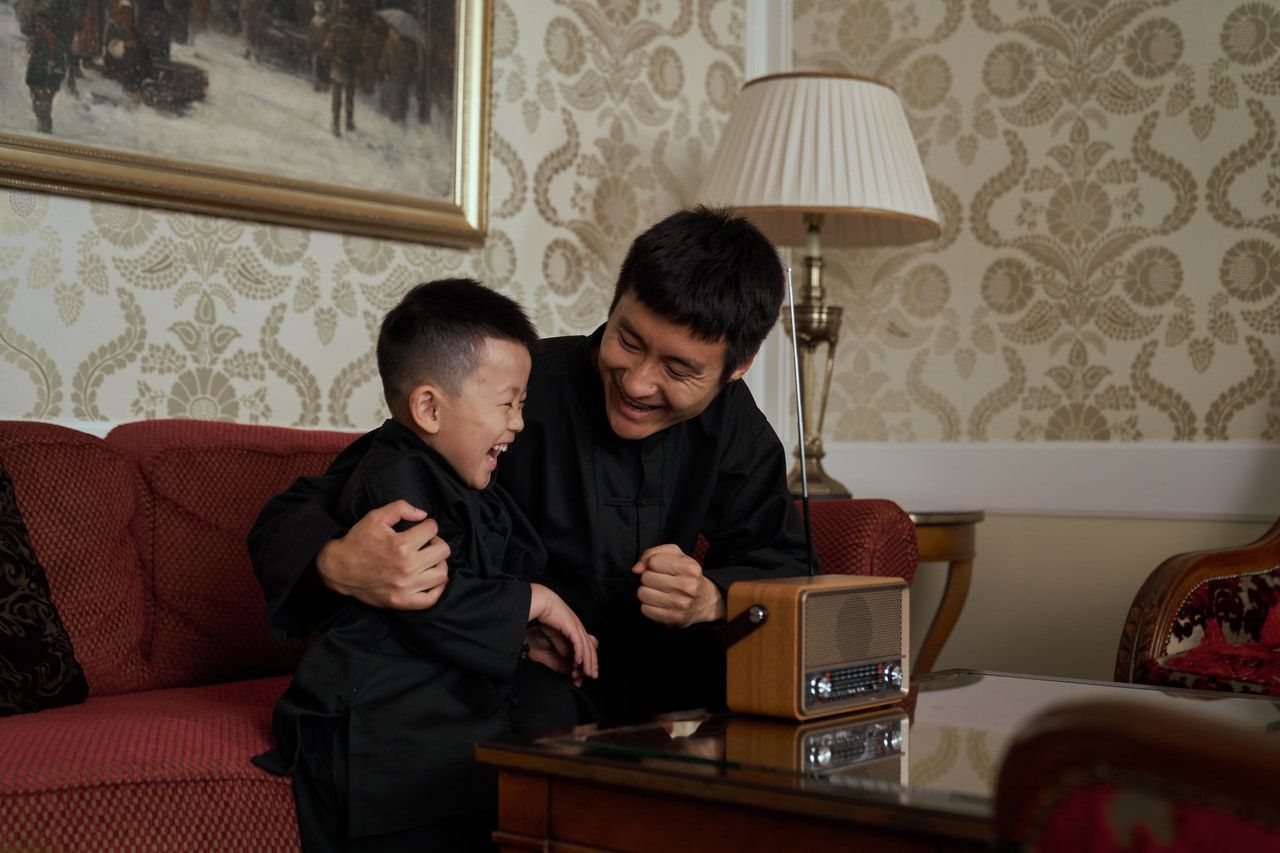
World Radio Day: Celebrating trust and accessibility
By Mario Maniewicz, Director, ITU Radiocommunication Bureau
With more than a century of history behind it, the humble radio remains one of the most trusted and widely used media for communication around the world.
Radio continues to provide quick and affordable access to information in real time, along with professional coverage about matters of public interest, opportunities for distance learning and, of course, entertainment.
Accessible anywhere and anytime, radio reaches a broad and diverse audience. Research in both developing and developed countries points to radio as a powerful and trusted source of information.
The 2022 edition of World Radio Day, celebrated on 13 February, is therefore devoted to “Radio and Trust”.
With the rising threat of fake news propagated over the Internet and social media platforms, people around the world are tuning back into radio more often, as a familiar, reliable news source. Besides those tangible benefits, radio helps its listeners feel less isolated and more connected to their community.
In times of emergency and disaster, radio broadcasting is one of the most powerful and effective ways of delivering early warnings and alerting the public. Timely, relevant, and practical information supports effective response measures and saves lives. For people directly affected, it comes as a vital form of humanitarian assistance.
During the COVID-19 pandemic, too, radio has kept people connected and entertained, ensured continuity in learning, helped fight misinformation, and disseminated critical health information.
Caring for the airwaves
This year marks 111 years of radio. Throughout this period, the International Telecommunication Union (ITU) has played a central role in advancing the medium worldwide, establishing and updating international regulations on the use of the radio-frequency spectrum and satellite orbits.
ITU is the custodian of the global treaty on spectrum management known as the Radio Regulations.
Updated in a global conference roughly every four years, this treaty facilitates equitable access to and rational use of the radio spectrum, ensures the availability of frequencies provided for distress and safety purposes, and promotes interference-free operations of the myriad radiocommunication systems.
The Radio Regulations cover a wide range of radio services and systems, including fixed, and land, aeronautical, and maritime mobile radio services; fixed, mobile, aeronautical, and maritime satellite services; terrestrial and satellite-based radio (sound) and television broadcasting; radionavigation; meteorological monitoring; space research and Earth exploration satellite services; as well as amateur radio services and radio astronomy. They also prescribe how radio equipment and systems must operate to ensure reliable coexistence among radio services of different administrations and to enable the most efficient utilization of today’s increasingly crowded airwaves.
Inclusion and access
ITU and its membership produce technical standards, referred to as ITU-R Recommendations, that support and encourage the advancement of each country’s radio broadcast system. Key ITU-R recommendations range from transmission standards for FM (frequency modulation) sound broadcasting, systems for terrestrial digital sound broadcasting, and vehicular, portable, and fixed receivers, to the use of international radio for disaster relief (IRDR) frequencies for emergency broadcasts.
At ITU, we go the extra mile to provide guidance on how digital devices and technology can be made accessible to people living with disabilities. Digital societies and economies need to include everyone.
To ensure inclusion, the ITU Radiocommunication Sector conducts research and develops guidelines on accessible telecommunication and technologies, helping countries worldwide build inclusive digital societies.
Trust and viability
Last month, international radiocommunication experts, together with ITU, assisted African countries in identifying new frequencies between 87.5 megahertz (MHz) and 108 MHz, facilitating the expansion of FM radio broadcasting services across the continent.
The completion of the two-year GE84 Plan optimization project for Africa, jointly coordinated by ITU and the African Telecommunications Union (ATU), comes as a major milestone for radio across the continent. The project’s success helps to secure the long-term sustainability of African radio broadcasting and paves the way for the introduction of digital sound broadcasting in Africa.
Accessible and affordable, radio can reach practically everyone, everywhere. Its loyal listeners include people in big cities, those in small towns and villages, those in rural communities and even those in the most isolated places on the planet.
Radio leaves no one behind!
Happy World Radio Day 2022.
Image credit: Ron Lach via Pexels
